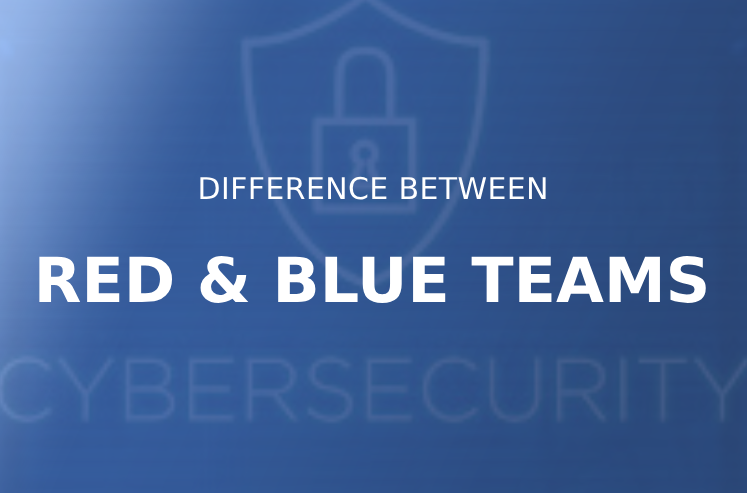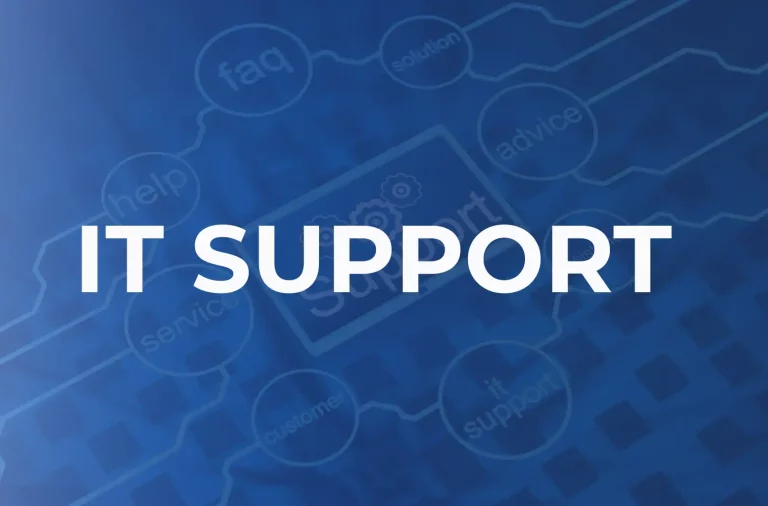In today’s rapidly evolving digital landscape, having a robust IT infrastructure is essential for the success of any business. However, managing an in-house IT department can be a time-consuming and expensive endeavor. This is where IT Managed Services come in.
By outsourcing the management and support of your IT systems to a reputable provider, you can empower your business to focus on its core competencies and strategic initiatives. Whether you need help with network security, data backup, or software updates, IT Managed Services offers a wide range of benefits that can positively impact your business.
Firstly, outsourcing your IT needs allows you to tap into the expertise of professionals who are well-versed in the latest technologies and industry best practices. They can proactively monitor your systems, identify potential issues before they become major problems, and provide timely solutions. This ensures that your business operations run smoothly without any disruptions.
Additionally, IT Managed Services offer a scalable and cost-effective solution. Instead of hiring and training an in-house IT team, you can leverage the resources of a managed service provider, paying only for the services you need. This allows for scalability as your business grows or experiences seasonal fluctuations.
In conclusion, IT Managed Services provide businesses with the necessary tools and support to navigate the complex world of technology. By partnering with a reliable managed service provider, you can streamline your IT operations, reduce costs, and empower your business for long-term success.
What are IT Managed Services?
IT managed services refer to the practice of outsourcing the responsibility for maintaining, managing, and supporting a business’s IT systems and infrastructure to a third-party provider. These providers are specialized in handling IT-related tasks, such as network monitoring, data backup, software updates, cybersecurity, and helpdesk support. By leveraging the expertise of these professionals, businesses can ensure the smooth operation of their IT infrastructure while focusing on their core business objectives.
The importance of IT Managed Services for businesses
The importance of IT Managed Services for businesses cannot be overstated. In today’s highly digital and interconnected world, technology plays a critical role in every aspect of business operations. From communication and collaboration to data storage and analysis, businesses rely heavily on their IT systems to function efficiently. However, managing these systems in-house can be a significant burden for businesses, especially those without dedicated IT staff or resources.
Outsourcing IT management to a reliable service provider allows businesses to tap into a wealth of expertise and experience. These providers have a deep understanding of the latest technologies and industry best practices, enabling them to provide proactive support and stay ahead of potential issues. By entrusting their IT needs to professionals, businesses can ensure the smooth operation of their systems and focus on their core competencies without the distractions and complexities of managing their IT infrastructure.
Cost savings with IT Managed Services
One of the key benefits of IT Managed Services is the potential for significant cost savings. Maintaining an in-house IT department can be a costly endeavor, requiring businesses to invest in hiring, training, and retaining skilled IT professionals. Additionally, there are ongoing expenses associated with hardware and software upgrades, maintenance, and licenses.
By outsourcing IT management to a managed service provider, businesses can reduce these costs significantly. Instead of investing in expensive hardware and software, businesses can leverage the provider’s resources and infrastructure. They only pay for the services they need, allowing for scalability as the business grows or experiences seasonal fluctuations. This cost-effective approach ensures that businesses can allocate their resources more efficiently and invest in areas that directly contribute to their growth and success.
Enhanced security and data protection
Data security is a top concern for businesses of all sizes. The consequences of a data breach can be devastating, including financial losses, damage to reputation, and legal implications. IT Managed Services offer a robust security framework to protect businesses from cyber threats and data breaches.
Managed service providers have the expertise and tools to implement security measures such as firewalls, antivirus software, intrusion detection systems, and encryption protocols. They can also conduct regular vulnerability assessments and penetration testing to identify and address any weaknesses in the system. By outsourcing IT security to professionals, businesses can ensure that their data is protected against evolving cyber threats and comply with industry regulations.
Increased efficiency and productivity
Efficiency and productivity are crucial for businesses to stay competitive in today’s fast-paced business environment. IT Managed Services can help businesses optimize their IT infrastructure and streamline their operations, leading to increased efficiency and productivity.
By leveraging the expertise of managed service providers, businesses can benefit from the latest technologies and industry best practices. These providers can analyze the existing IT infrastructure, identify bottlenecks and inefficiencies, and recommend solutions to improve productivity. They can also automate routine tasks and implement workflows that streamline business processes, freeing up employees’ time to focus on more strategic and value-added activities.
24/7 IT support and proactive monitoring
One of the significant advantages of IT Managed Services is the availability of round-the-clock IT support. Managed service providers offer 24/7 helpdesk support to address any IT-related issues or concerns promptly. This ensures that businesses can resolve critical IT problems quickly, minimizing downtime and its associated costs.
In addition to reactive support, managed service providers also provide proactive monitoring of IT systems. By continuously monitoring the network, servers, and applications, they can detect and resolve issues before they escalate into major problems. This proactive approach helps businesses avoid costly disruptions and ensures the smooth operation of their IT infrastructure.
Scalability and flexibility with IT Managed Services
Businesses today need to be agile and adaptable to changing market conditions. IT Managed Services offer the scalability and flexibility that businesses require to meet their evolving IT needs.
With managed services, businesses can easily scale their IT resources up or down based on their requirements. Whether it’s adding new users, expanding storage capacity, or deploying new applications, managed service providers can quickly and efficiently accommodate these changes. This flexibility allows businesses to respond to market demands and seize new opportunities without the need for substantial upfront investments or lengthy implementation processes.
IT Managed Services vs in-house IT department
Choosing between IT Managed Services and an in-house IT department is a crucial decision for businesses. While both options have their advantages, managed services offer several key benefits that make them an attractive choice for many businesses.
Firstly, managed services provide access to a broader range of expertise. Managed service providers employ professionals with diverse skill sets and experience, allowing businesses to tap into a wealth of knowledge and best practices. In contrast, an in-house IT department may have limited resources and expertise, making it challenging to keep up with the rapidly changing technology landscape.
Secondly, managed services offer cost savings and predictable expenses. With an in-house IT department, businesses need to budget for salaries, benefits, training, and ongoing hardware and software costs. Managed services, on the other hand, operate on a subscription-based model, allowing businesses to have a clear understanding of their IT expenses and allocate their resources more efficiently.
Finally, managed services provide scalability and flexibility. As businesses grow or experience fluctuations in demand, managed service providers can easily adapt to accommodate these changes. In contrast, scaling an in-house IT department can be a time-consuming and costly process, requiring businesses to hire and train new staff and invest in additional hardware and software.
Choosing the right IT Managed Service provider
Choosing the right IT Managed Services provider is crucial for businesses to reap the benefits of outsourcing their IT needs. Here are some factors to consider when selecting a provider:
1. Expertise and Experience: Look for a provider with a proven track record and experience in managing IT systems similar to yours. Check their certifications, client testimonials, and case studies to assess their expertise.
2. Service Level Agreements (SLAs): Ensure that the provider offers robust SLAs that align with your business requirements. SLAs should clearly define the scope of services, response times, and escalation procedures.
3. Security Measures: Assess the provider’s security measures and protocols to ensure that they can adequately protect your data and systems. Look for ISO certifications, compliance with industry regulations, and a strong focus on cybersecurity.
4. Scalability and Flexibility: Consider the provider’s ability to scale and adapt to your business’s changing needs. They should have the resources and infrastructure to accommodate growth and fluctuations in demand.
5. Communication and Support: Evaluate the provider’s communication channels and support options. They should be accessible and responsive, providing timely assistance whenever needed.
6. Cost: While cost is an important consideration, it should not be the sole determining factor. Look for a provider that offers a balance between cost-effectiveness and quality of service.
By carefully evaluating these factors and conducting thorough research, businesses can select an IT Managed Services provider that aligns with their goals and requirements.
Conclusion: Empowering your business with IT Managed Services
In conclusion, IT Managed Services provide businesses with the necessary tools and support to navigate the complex world of technology. By outsourcing their IT needs to a reliable managed service provider, businesses can streamline their IT operations, reduce costs, and empower their business for long-term success.
IT managed services offer a wide range of benefits, including access to expert knowledge and best practices, cost savings, enhanced security, increased efficiency and productivity, 24/7 support, scalability, and flexibility. Businesses can leverage these advantages to focus on their core competencies, drive innovation, and achieve their strategic objectives.
When choosing IT Managed Services, businesses should consider factors such as expertise, SLAs, security measures, scalability, communication, and cost. By selecting the right provider, businesses can forge a successful partnership that enables them to harness the power of technology and thrive in today’s digital landscape.






I find it convenient that investing in managed IT services can help businesses avoid sudden breakdowns and ensure that their assets can last for several years. I have a friend who wants to start a business that helps students with their finances. I should talk to him about finding a managed IT service company that can help him out someday.